In the Project on restructuring the agricultural sector for the period 2021-2025, with a vision to 2030, the livestock industry in Quang Ninh aims to develop on an industrial scale associated with disease safety, improving product quality and economic value. However, the number of small-scale and household livestock farms still accounts for a high proportion (over 96%). This requires localities to be more active in the transition from household livestock farming to concentrated and industrial livestock farming.

According to the review data of the Department of Agriculture, there are currently 39,848 household livestock farms and 1,244 farm-scale livestock farms in the province. The total herd of livestock and poultry is currently over 5.7 million, with a total output of fresh meat reaching 103,000 tons/year. While farm-scale livestock farms account for a very small proportion (only about 4%), the number of livestock and poultry accounts for a high proportion of the total herd. In fact, the economic efficiency of household livestock farming is not high and it is very difficult to manage and control diseases. This also comes from the mindset and habits of the majority of owners and livestock households who still consider livestock farming as a combined production industry, taking advantage of, raising livestock based on habits and experience, rarely updating new knowledge in livestock farming as well as investing in scientific livestock farming methods... This is also clearly shown from the statistics of annual epidemics, when most outbreaks occur in small-scale livestock farms, barns that do not ensure veterinary hygiene, and do not practice biosafety farming. In particular, African swine fever has directly affected small-scale pig farming households with less than 30 pigs. During the recent epidemic in the area, many small-scale livestock farms also continued to have outbreaks.

Ms. Phi Thi Lieu (Duong Ngang area, Minh Thanh ward, Quang Yen town) shared: My family raised 3 sows with more than ten piglets. The recent epidemic caused great damage to the family, after this epidemic, the family did not dare to raise pigs anymore, partly because of financial difficulties, partly because of the fear that if the epidemic happened once, it would be very easy to re-herd.
In Hai Ha district, the locality is focusing on propaganda and guidance for farmers on disease prevention, however, disease prevention work is also facing many difficulties. The whole district has 80 households raising 30 pigs or more out of a total of nearly 1,500 households raising pigs, the livestock barns are located in residential areas, and biosafety farming conditions are limited, making it difficult to control the spread of pathogens. Small-scale farming also entails many problems regarding food hygiene and safety, from selecting breeds, farming processes as well as environmental sanitation issues in the farming area.
In order to effectively restructure livestock farming, in recent times, Quang Ninh province has had many support policies in the agricultural and rural areas. Typically: Resolution No. 194/2019/NQ-HDND dated July 30, 2019 of the Provincial People's Council, supporting and encouraging enterprises to invest in agriculture and rural areas; supporting the linkage of production, processing and consumption of agricultural products; encouraging the development of organic agriculture and preferential policies and specific support of the province including support for investment in livestock and poultry slaughterhouses; support for investment in high-tech agricultural zones; support for linkage of production, processing and consumption of agricultural products and products under the OCOP Program; encourage the development of organic agriculture.... Currently, the whole province has 26 enterprises, 24 cooperatives and 240 livestock farms certified for farm economy, 28 facilities certified for VietGAP, 15 facilities certified for disease safety. The province is developing concentrated livestock areas, such as: Pig farming area in Mong Cai city, Tien Yen chicken farming area... Some large livestock enterprises have made methodical investments such as: Phu Lam Company Limited, Thien Thuan Tuong Mineral Exploitation Joint Stock Company, Quang Ninh Agriculture, Forestry and Fishery Development One Member Co., Ltd.

Ms. Chu Thi Thu Thuy, Head of the Department of Animal Health and Livestock (Department of Agriculture and Rural Development), said: The Department of Agriculture continues to advise the Provincial People's Committee to direct the People's Committees of localities to arrange land funds, encourage investors to build production farms on an industrial scale, concentrate, create safe quality products, have large product output as goods, especially apply synchronous measures to ensure the environment and safety in livestock farming; at the same time, promote propaganda, guide livestock farmers to apply new knowledge, technology, and techniques to improve the quality of livestock products.
The 19th session of the 14th Provincial People's Council will consider regulations on areas within the inner city of cities, towns, townships, and residential areas that are not allowed to raise livestock in Quang Ninh province to ensure good implementation of the 2018 Law on Livestock, moving towards the development of concentrated, sustainable livestock farming.
Source


![[Photo] "Beauties" participate in the parade rehearsal at Bien Hoa airport](https://vstatic.vietnam.vn/vietnam/resource/IMAGE/2025/4/11/155502af3384431e918de0e2e585d13a)

![[Photo] Looking back at the impressive moments of the Vietnamese rescue team in Myanmar](https://vstatic.vietnam.vn/vietnam/resource/IMAGE/2025/4/11/5623ca902a934e19b604c718265249d0)



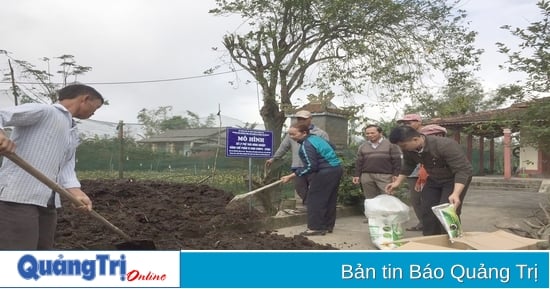



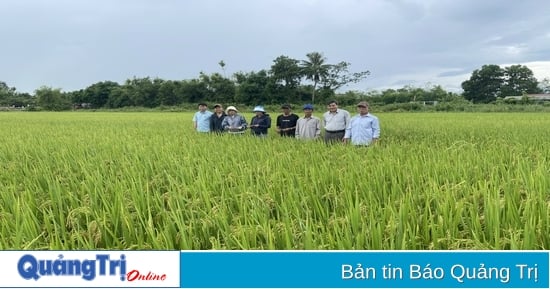
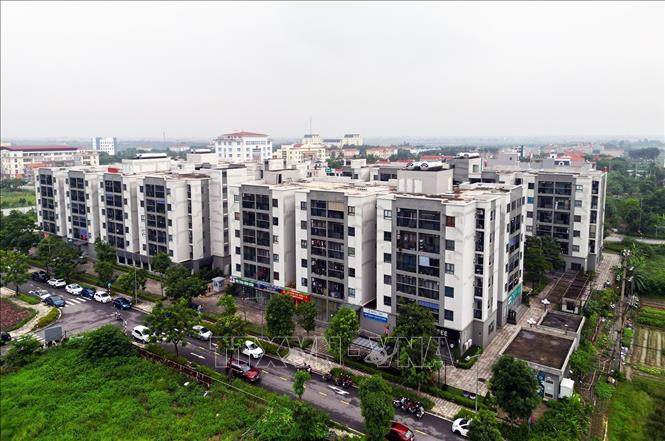




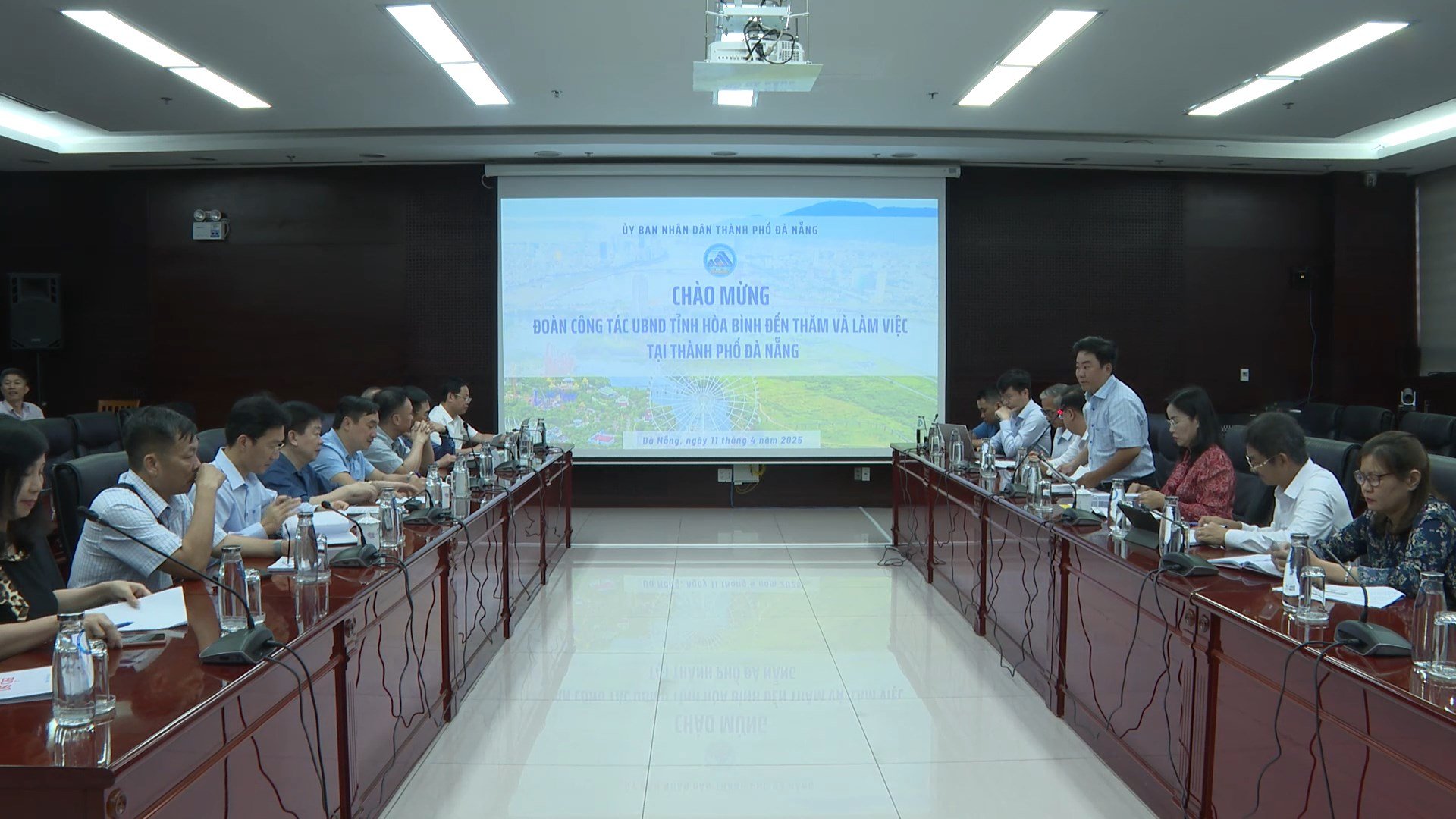

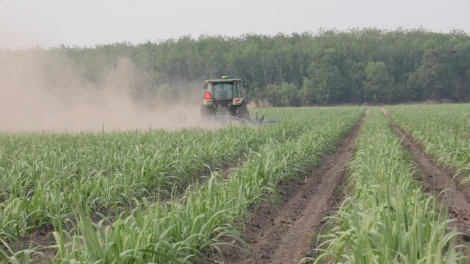
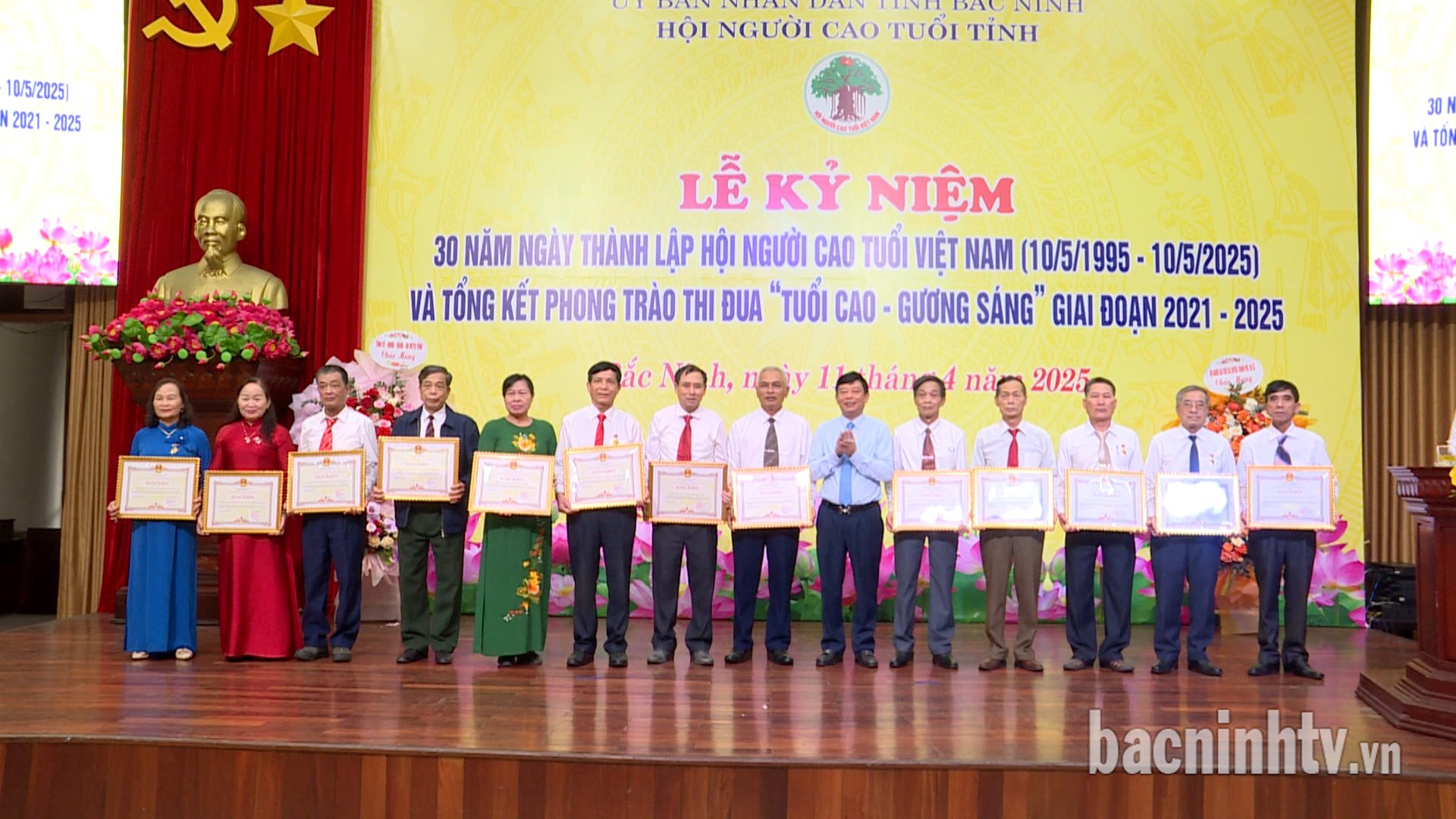



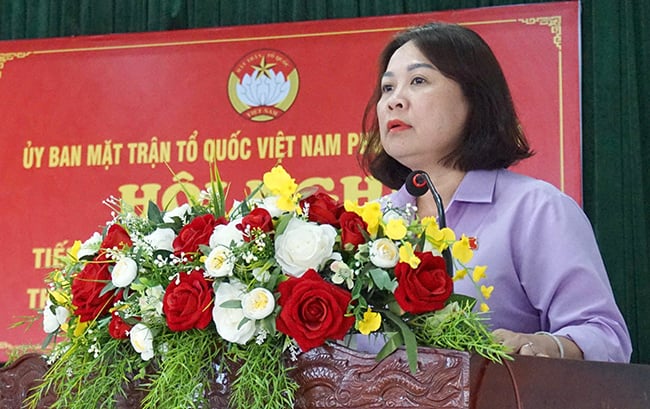
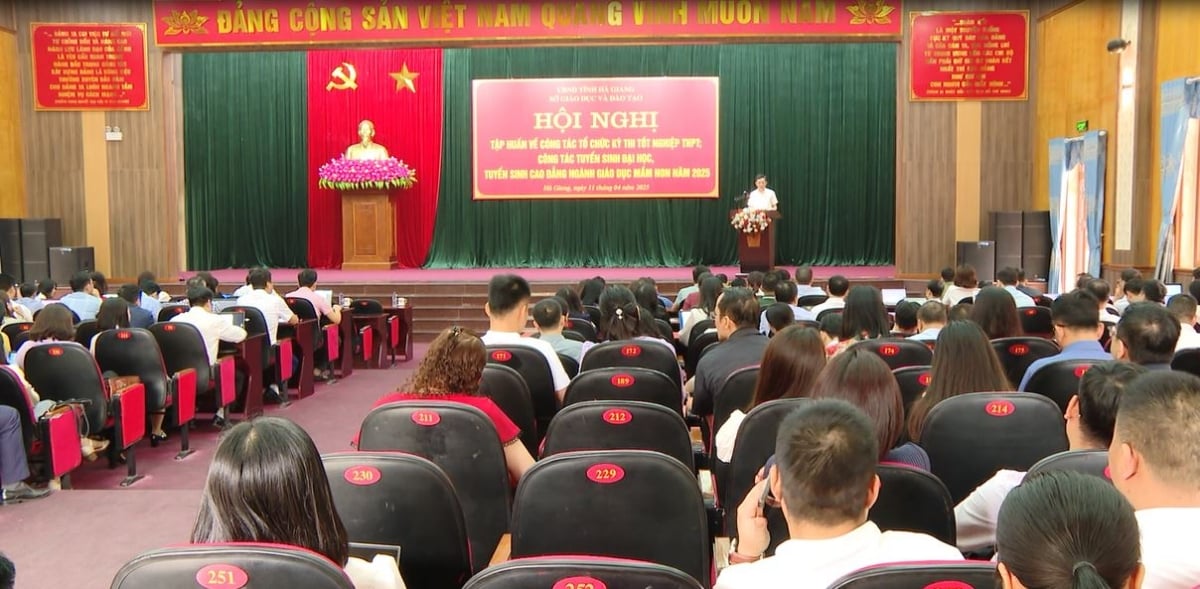



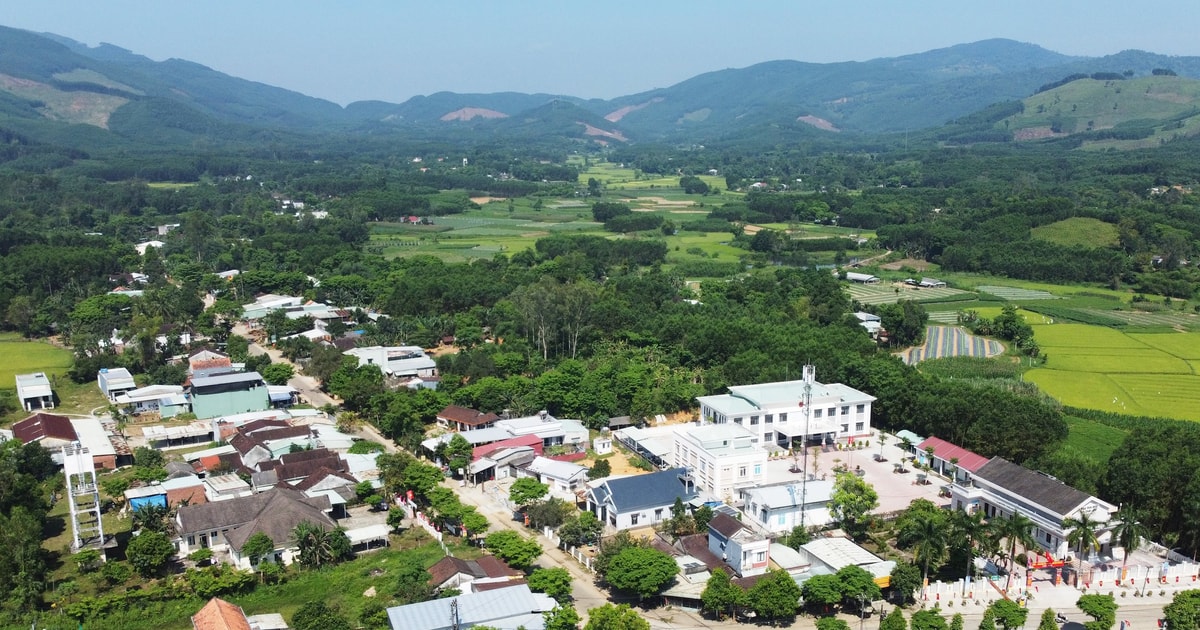

![[Photo] Summary of parade practice in preparation for the April 30th celebration](https://vstatic.vietnam.vn/vietnam/resource/IMAGE/2025/4/11/78cfee0f2cc045b387ff1a4362b5950f)













































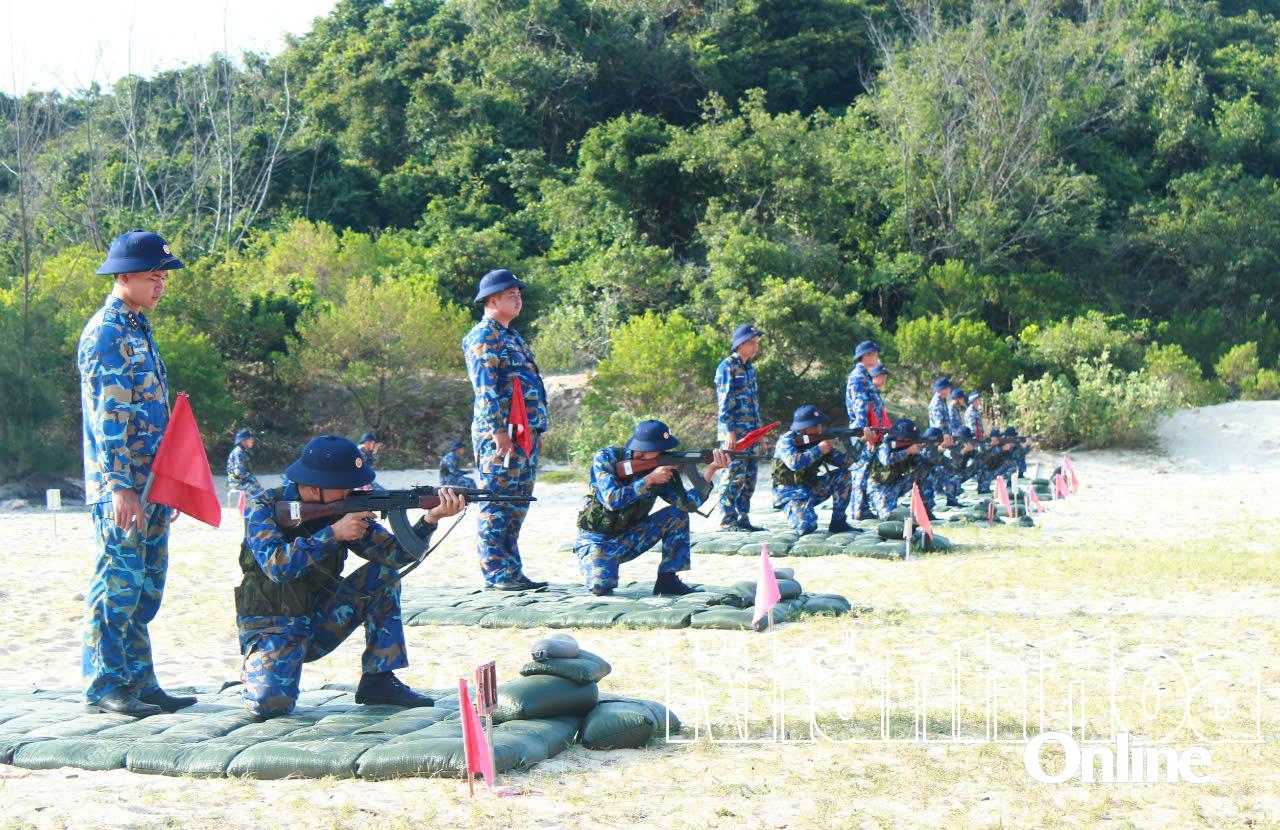













Comment (0)